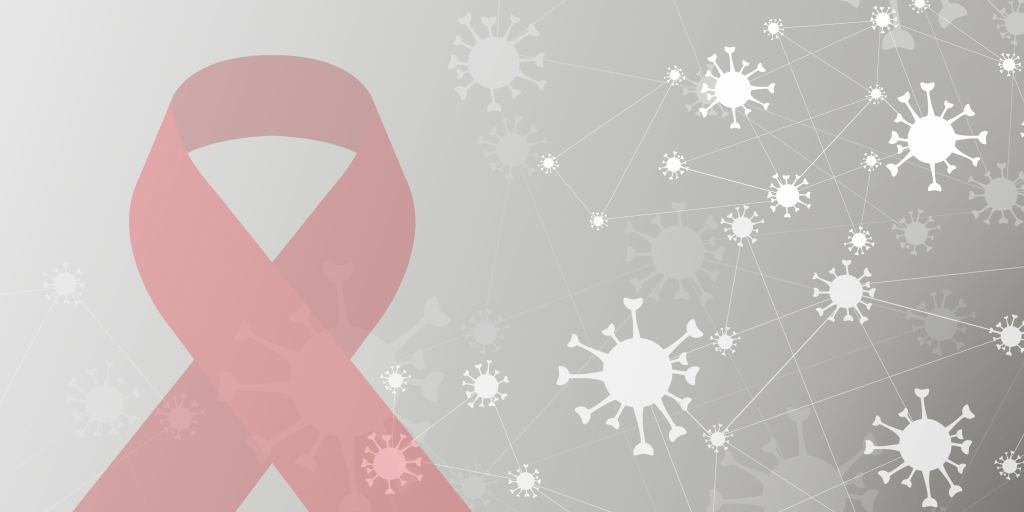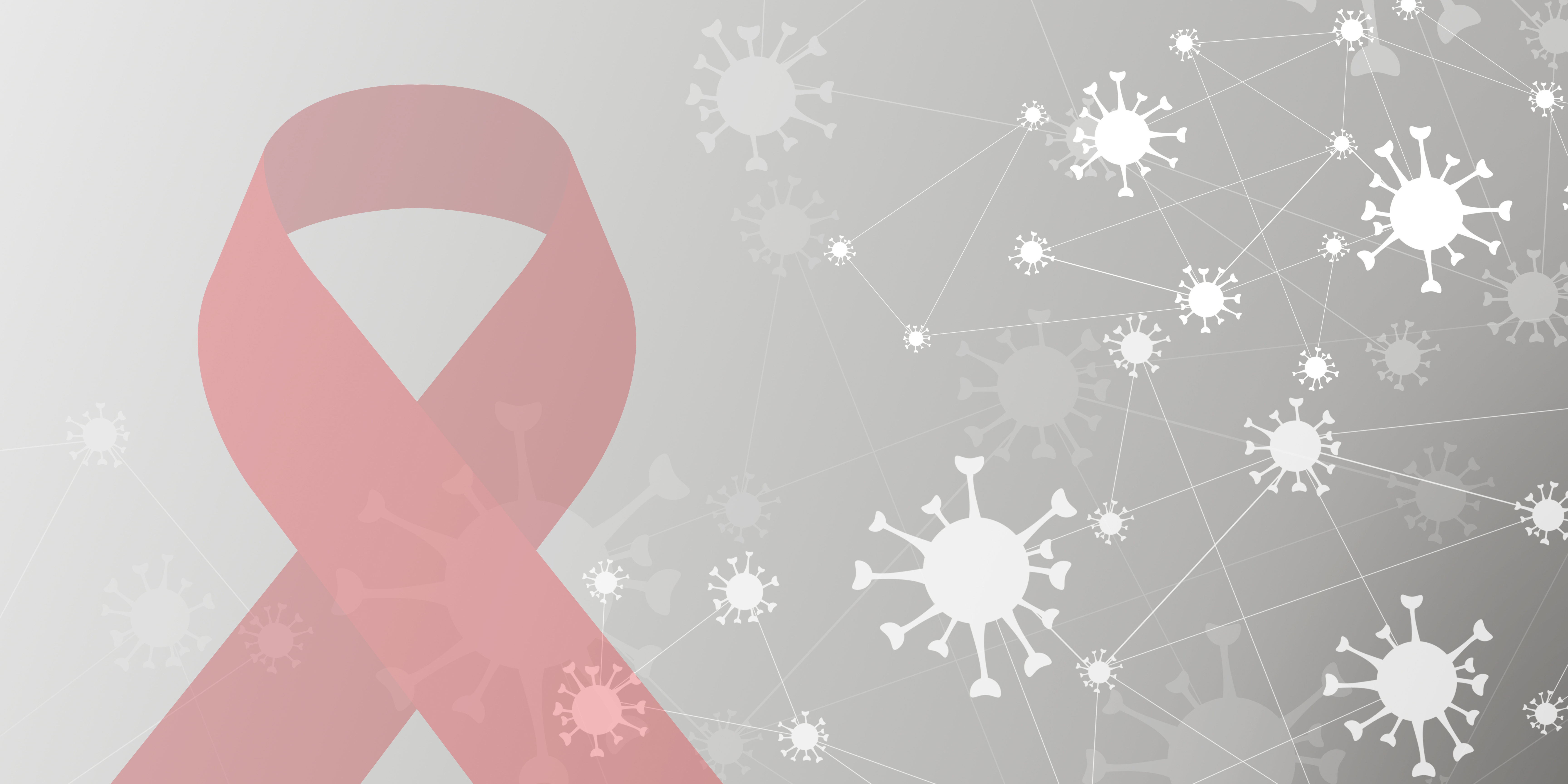The stigma surrounding HIV testing remains a significant barrier to early diagnosis and effective treatment. Misconceptions fear, and discrimination continues to prevent many individuals from seeking HIV counseling as well as discourage them from accessing an HIV test near them at HIV test centers or through online HIV testing services. Through this article, we will explore various strategies to overcome the stigma associated with HIV testing, emphasizing the critical role that education, public awareness, and supportive environments play in promoting better health outcomes.

Understanding the Roots of Stigma
Before we can effectively address the stigma surrounding HIV testing, it’s essential to understand its origins. The stigma stems from a combination of factors, including:
Fear and Misinformation: The early years of the HIV/AIDS epidemic were marked by fear and uncertainty, leading to widespread misinformation about HIV. Although medical advances have significantly improved our understanding of HIV, misconceptions and outdated beliefs still persist which deter people from seeking an HIV Test near them.

Discrimination and Marginalization: HIV has often been associated with marginalized groups, such as the LGBTQ+ community, sex workers, and drug users. This discourages people from undergoing an HIV Test near them at HIV test centers due to the fear that they may be discriminated against if they test positive.
Cultural and Religious Beliefs: In some societies, cultural and religious beliefs contribute to the stigma surrounding HIV. These core beliefs even dissuade people from getting an HIV test online which is undertaken confidentially in the privacy of their home.
Strategies to Overcome Stigma
To overcome the stigma of HIV testing and encourage more individuals to access HIV counseling, learn about HIV PCR test costs, and find HIV test centers or online HIV testing options, several strategies can be employed.

Education and Awareness: Providing accurate and up-to-date information about HIV transmission, prevention, and testing is crucial for dispelling myths and reducing stigma.
Encouraging Open Dialogue: Creating safe spaces for open and honest conversations about HIV testing can help normalize the topic. This may involve discussing personal experiences, addressing fears and concerns, and exploring the benefits of early diagnosis and treatment.
Empowering Individuals: Empowering individuals to take control of their sexual health by providing access to HIV counseling, information on HIV PCR test costs, and HIV test centers or online HIV testing options can help break down barriers and reduce stigma. Encouraging people to share their experiences can also create a sense of community and support.
Promoting Confidentiality and Privacy: Ensuring that HIV testing services respect individuals’ privacy and confidentiality can help alleviate fears and concerns about stigma. This can be achieved by providing discreet and anonymous testing options, such as online HIV testing or discreet HIV test centers.
Supporting Healthcare Providers: Healthcare providers play a crucial role in reducing stigma by providing non-judgmental, patient-centered care. Training and education for healthcare providers can help them better understand the unique challenges faced by individuals seeking HIV testing, including concerns about HIV counseling and HIV PCR test costs. They can also be better equipped to talk to people about the benefits of getting a safe and confidential HIV test online.

The Benefits of Overcoming Stigma
Reducing the stigma associated with HIV testing has several benefits, including:
Increased Testing Rates: As stigma decreases, more people may feel comfortable accessing HIV counseling, learning about HIV testing 4th Generation and HIV PCR test costs, seeking HIV test centers near them, or opting for an HIV test online. Increased testing rates can lead to earlier diagnosis and treatment. If HIV positive women (or HIV positive mothers) get tested early, they can deliver HIV negative babies with proper medical care and supervision.
Improved Mental Health: Overcoming the stigma of HIV testing can help reduce feelings of shame, fear, and isolation, improving mental health and overall well-being.
Stronger Communities: Encouraging open dialogue and understanding within communities can create a more supportive environment for individuals affected by HIV, fostering resilience and HIV-related stigma.

HIV test centers and online HIV testing services play a crucial role in reducing stigma by providing accessible, confidential, and non-judgmental testing options. By offering convenient testing services that cater to individuals’ privacy and comfort, these services can help overcome some of the barriers associated with stigma.

Conclusion:
Overcoming the stigma of HIV testing is crucial for improving public health outcomes and promoting better health for individuals affected by HIV. By implementing strategies to reduce stigma, such as providing education and awareness, encouraging open dialogue, empowering individuals, and promoting confidentiality and privacy in testing services, we can help create a more supportive environment for those seeking HIV testing.
HIV test centers and online HIV testing services play a vital role in this process, offering accessible and non-judgmental testing options that can help break down barriers and reduce stigma. By working together, we can create a world where HIV testing is a routine and stigma-free part of maintaining good health.
DrSafehands provides safe and confidential STI & HIV testing, consulting, treatment and counseling online as well as at various centers across India.
FAQs:
Q: How can education and awareness help in reducing HIV-related stigma?
A: Education and awareness can debunk myths, promote understanding, and encourage empathy, leading to a more supportive environment for HIV testing.
Q: What role do HIV test centers and online HIV testing play in overcoming stigma?
A: These services provide accessible, confidential, and non-judgmental testing options, helping individuals feel more comfortable accessing HIV testing.
Q: What role do healthcare professionals play in reducing the stigma around HIV testing?
A: Healthcare professionals can provide accurate information, offer compassionate care, and maintain confidentiality, thereby creating a more welcoming atmosphere for HIV testing.
Disclaimer: This website may contain general information relating to various medical conditions and their treatment. Such information is provided for informational purposes only and is not meant to be a substitute for the advice provided by a doctor or other qualified healthcare professionals. Readers should not use the information contained herein for diagnosing a health or fitness problem or disease. Readers should always consult with a doctor or other healthcare professional for medical advice or information about diagnosis and treatment.


Leave a Reply